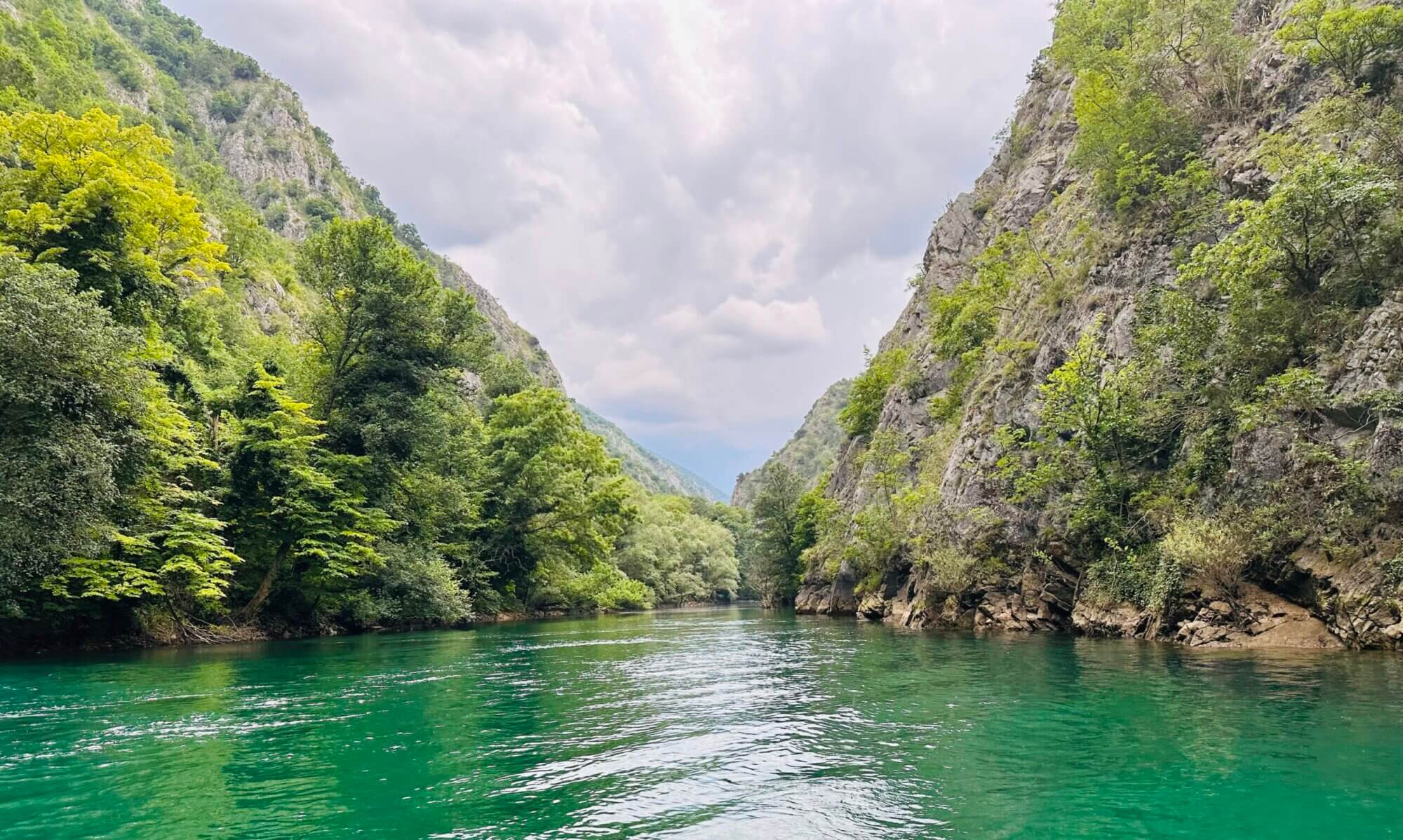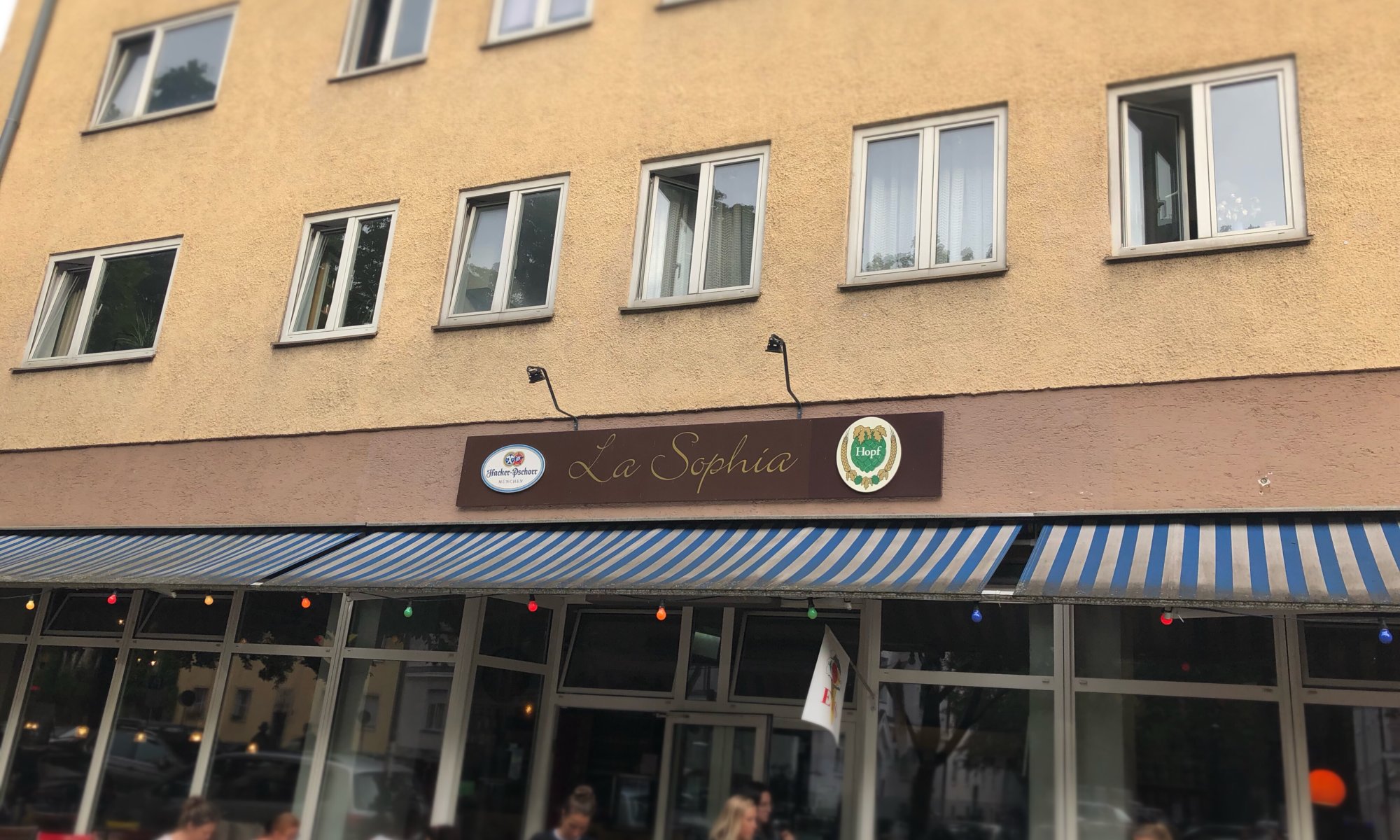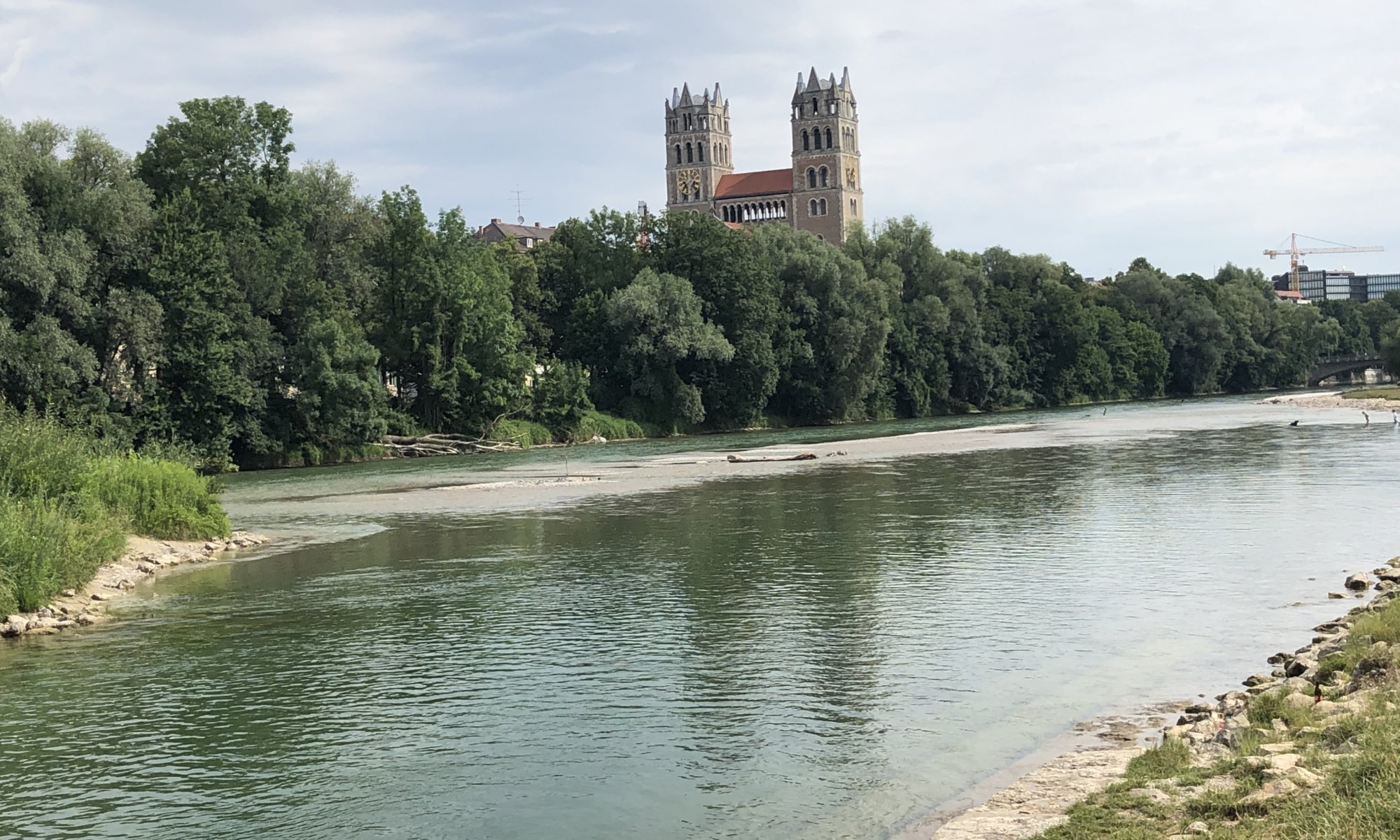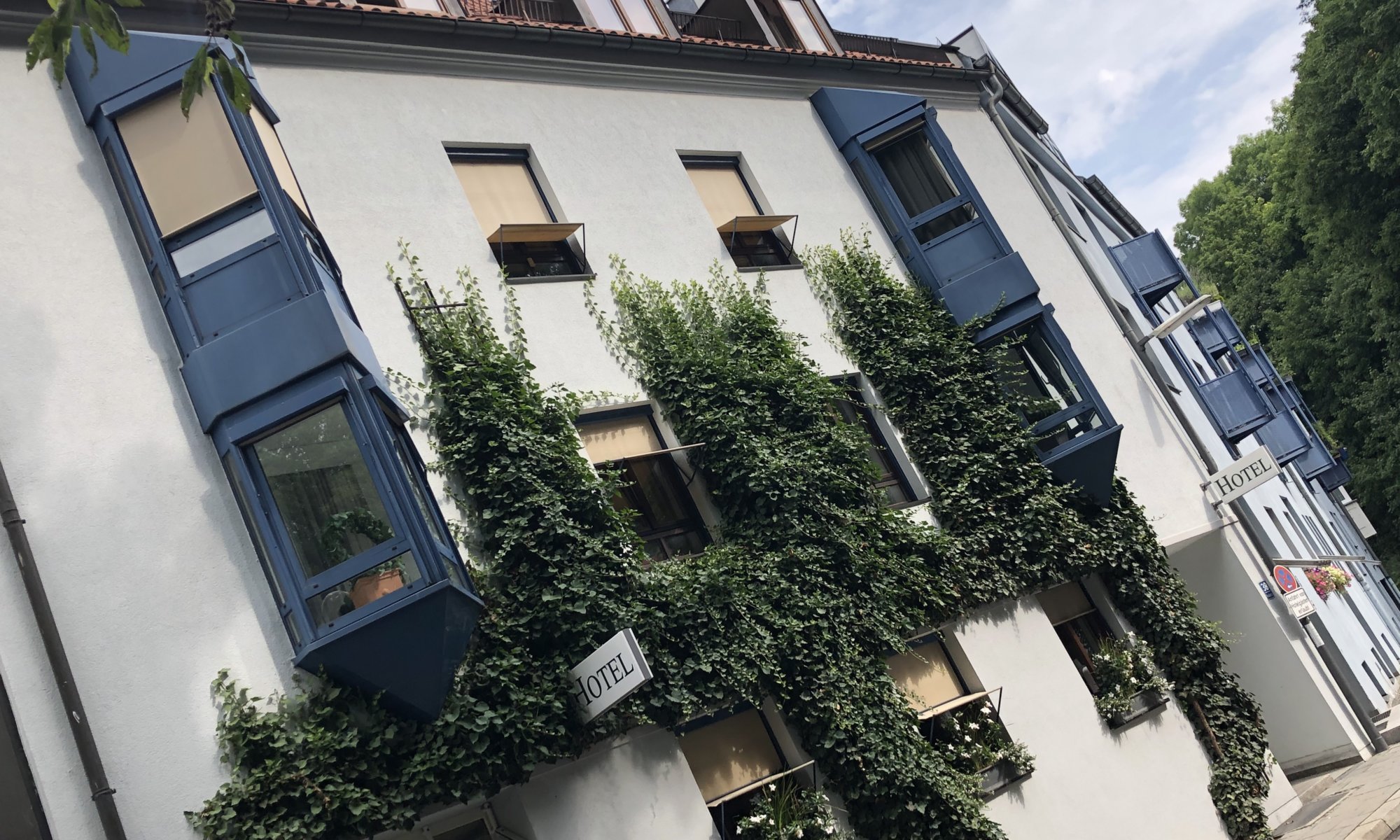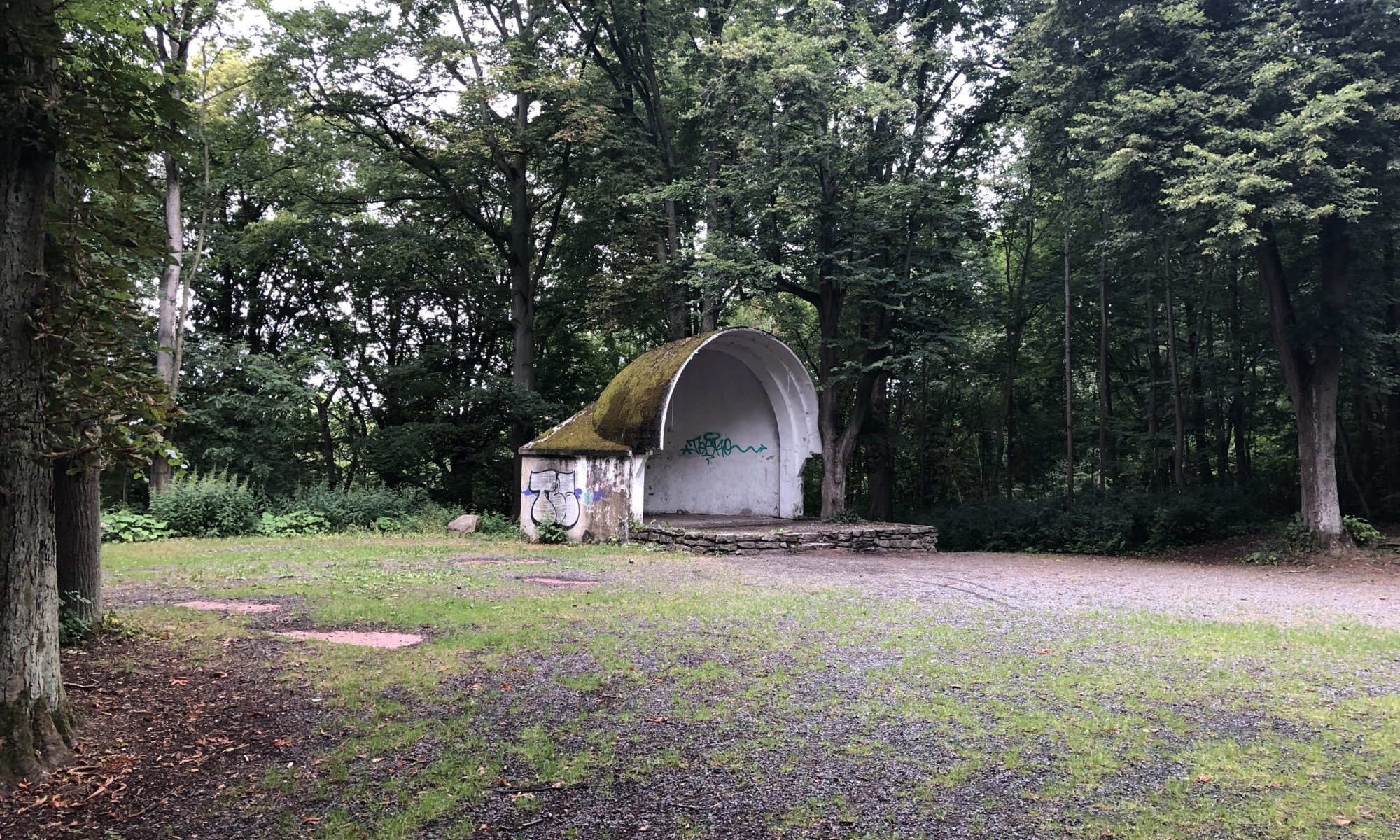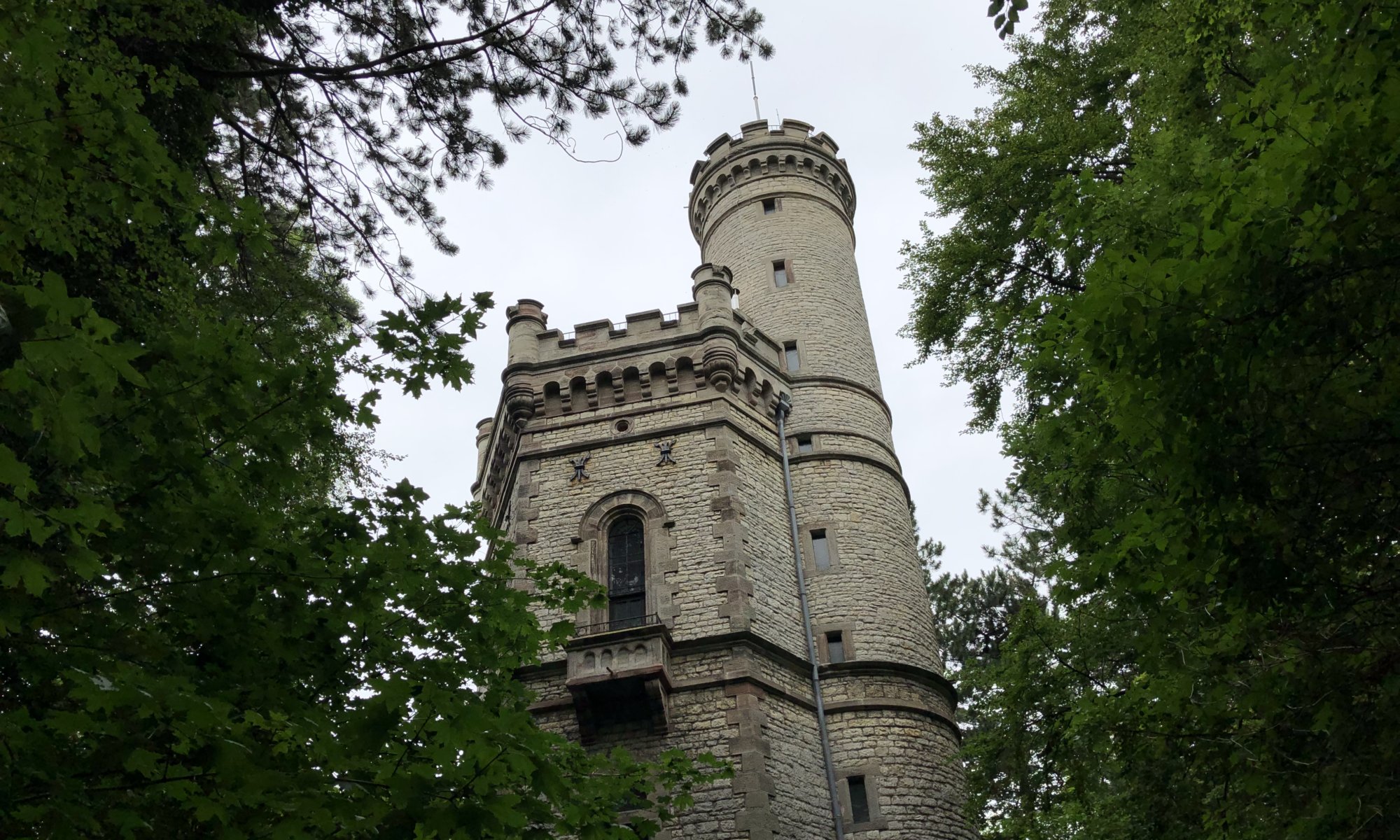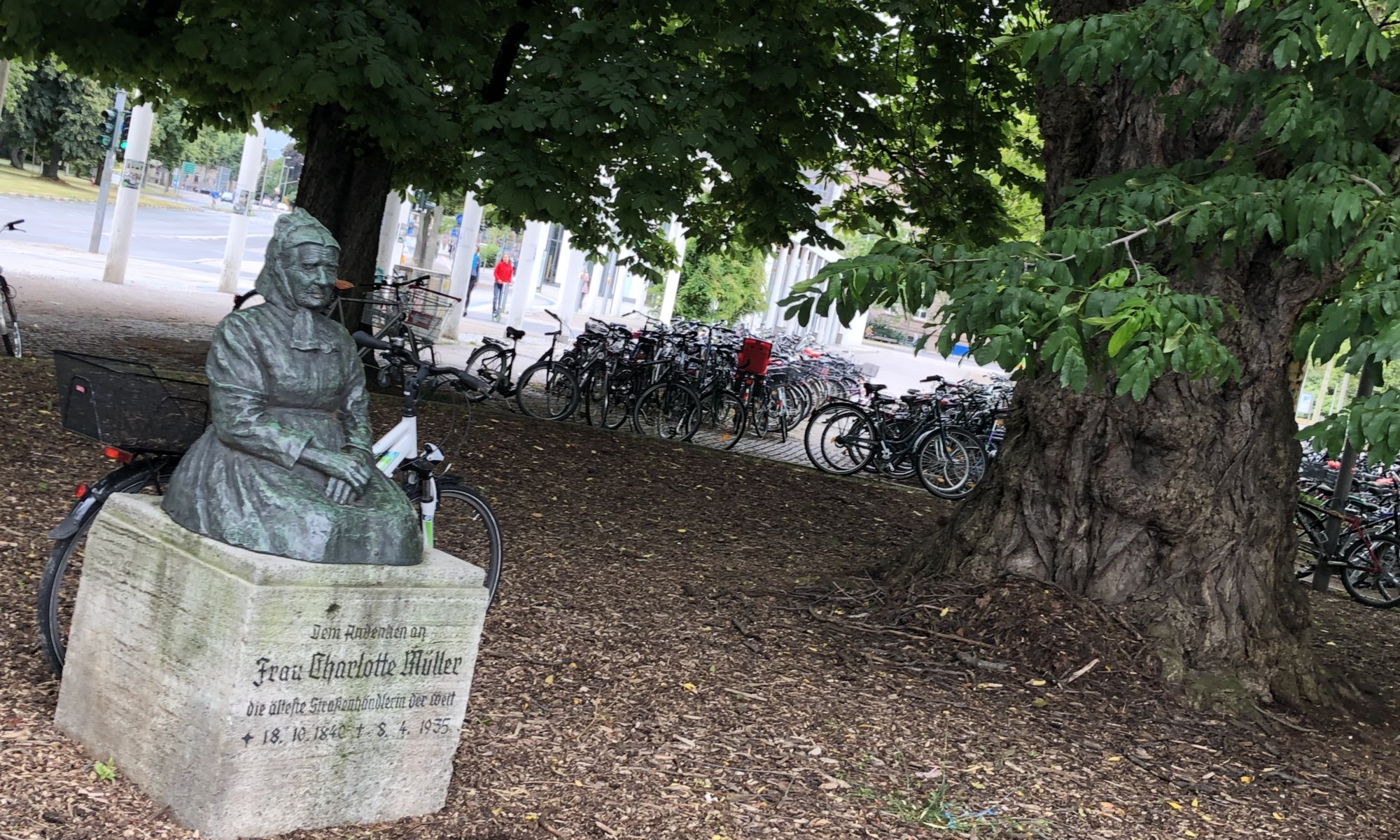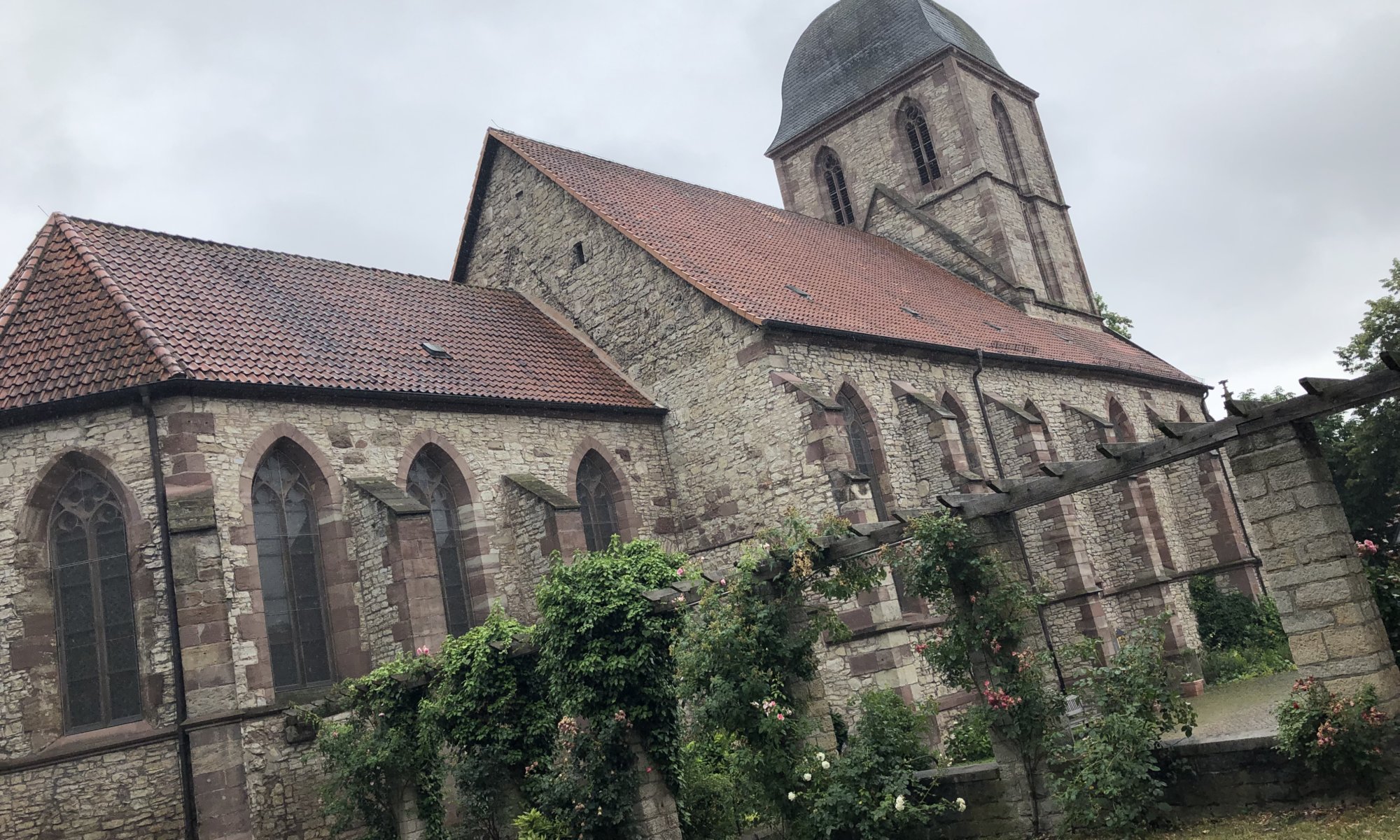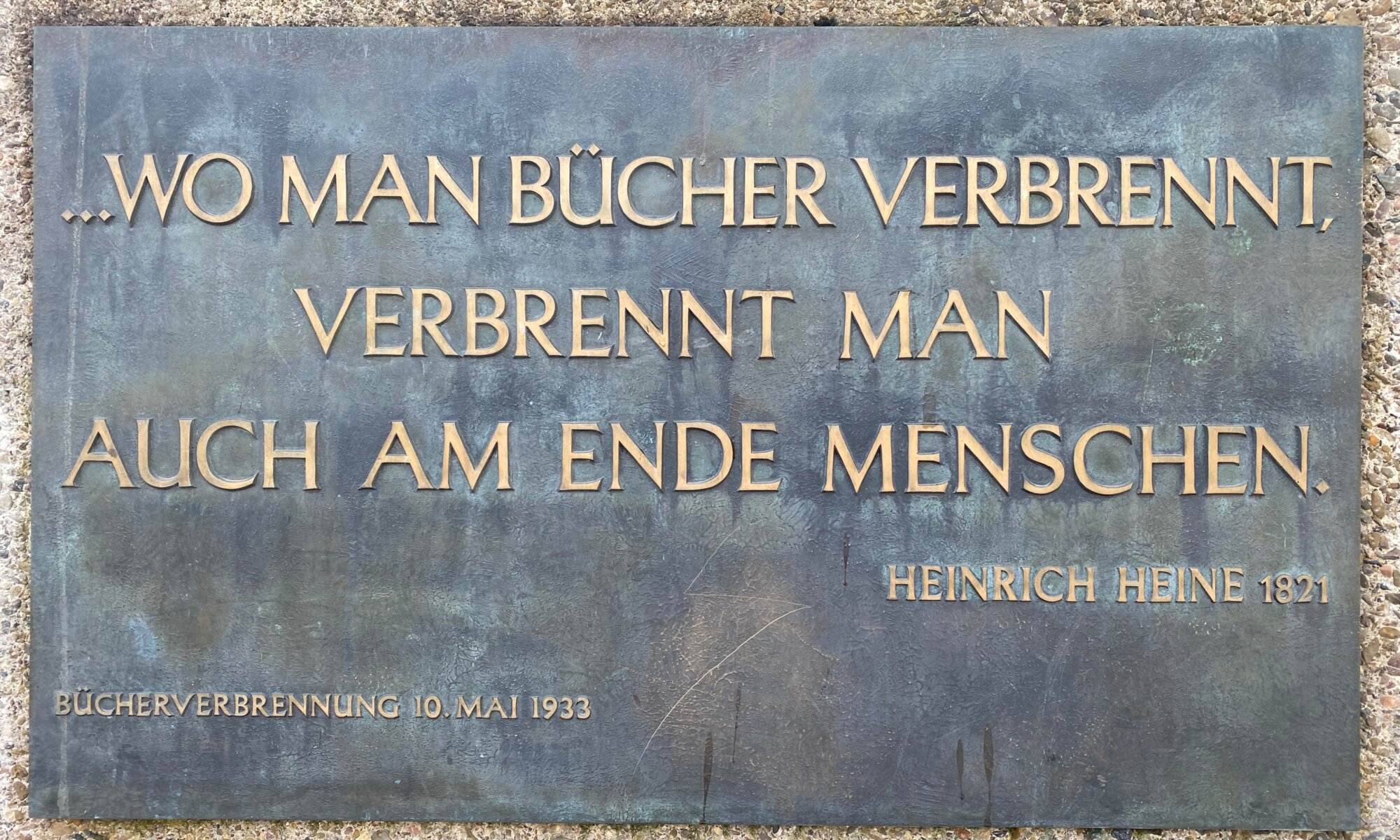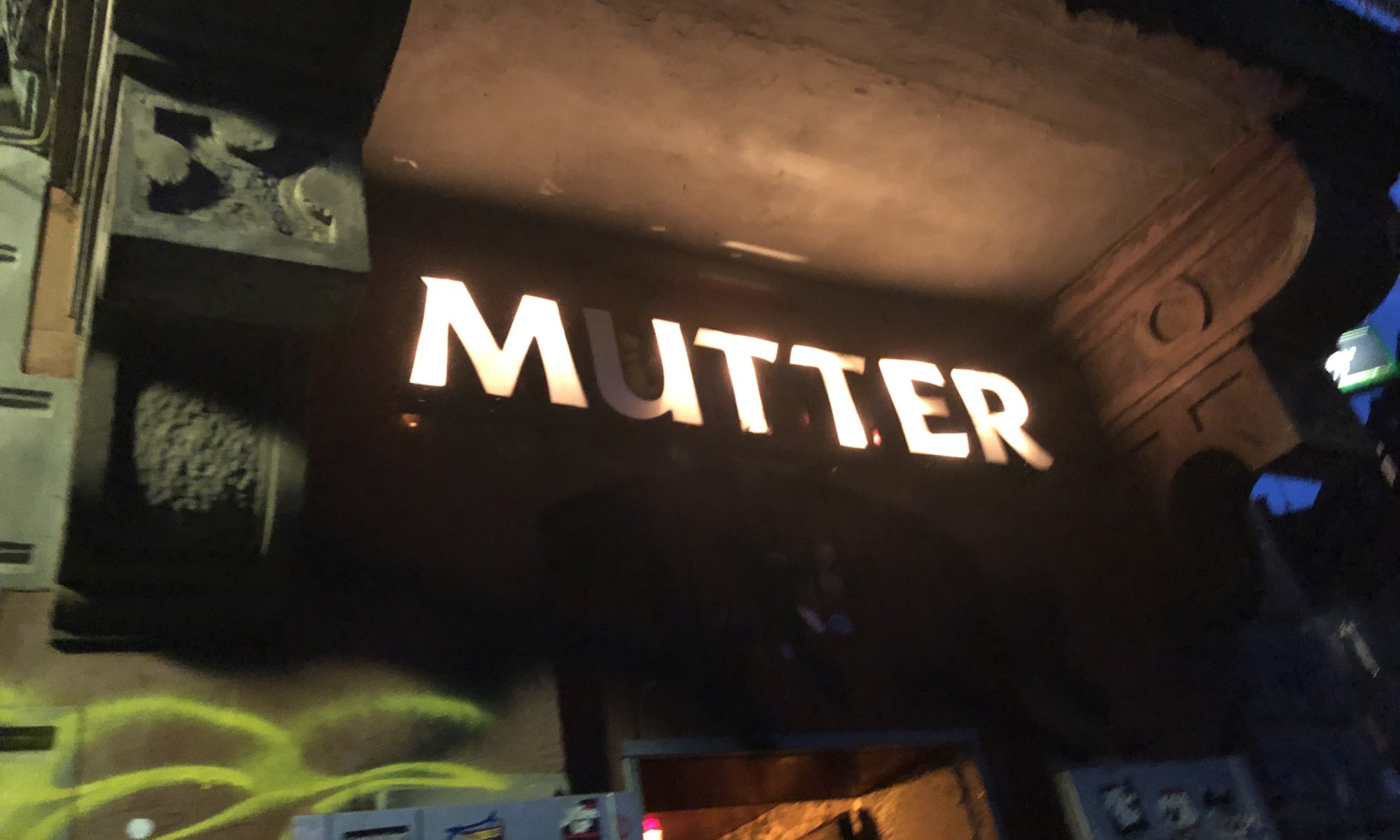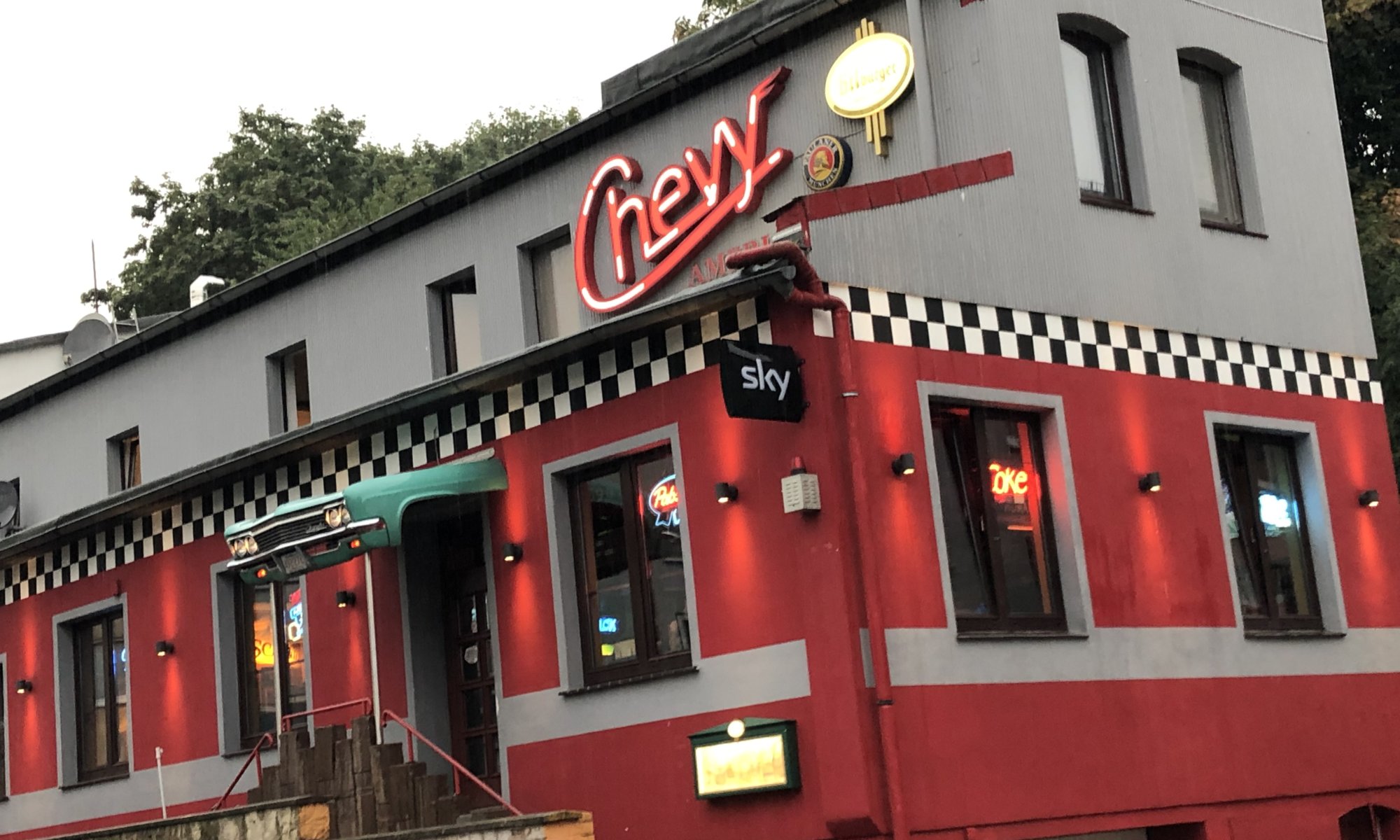The La Sophia is a family-friendly Italian restaurant in the city quarter Au of München, Germany. It is located between the river Isar and the Nockherberg and they serve the typical pizza and pasta dishes. At the restaurant you’ll find all you need for a relaxed visit with children – including a nice play area inside.
Continue reading “La Sophia”Isar
It’s no secret that along the river Isar at München, Germany you can find the best places to relax. Close to the Baldeplatz there are nice green areas to sit close to the water, to walk through the shallow parts of the river or to enjoy the faster flow around the Weideninsel (willow island) within the river.
Continue reading “Isar”Am Nockherberg
I can’t remember that I was ever in a hotel at München, Germany that I wanted to book again afterwards. Often I stayed in cheap hotels close to the railway station or in shiny conference hotels somewhere outside of the city center. With the hotel ‘Am Nockherberg‘ it’s totally different: it is a cosy place in a nice area and easily reachable.
Kaiser-Wilhelm-Park
Every year there is a music festival at the Kaiser-Wilhelm-Park (or KWP) at Göttingen, Germany. I never knew where this place is until I found it by accident close to the Bismarckturm in the southeast of the city. It was a restaurant built in 1895 as a destination for hikers. In 1900 the place was renamed to Bürgerpark (citizens park) and it was named like that until it was torn down in 1970.
Continue reading “Kaiser-Wilhelm-Park”Bismarckturm
Once there were 240 towers that were built to commemorate the imperial chancellor Otto von Bismarck. As Bismarck had studied in Göttingen, Germany for sure a tower was built here, too. It is 31 meters high and standing on the Kleperberg in the southeast of the city. In 1892 Bismarck gave his approval and in 1896 the tower was opened – you can still today climb up on weekends between 11am and 6pm.
Continue reading “Bismarckturm”Charlotte
A small memorial on the square in front of the railway station of Göttingen, Germany reminds you of Charlotte Müller – the oldest street merchant in the world (as the writing underneath states and as it is written in the Guinness book of world records). But most visitors of the city won’t find the statue underneath the tree and behind those numerous bicycles standing around everywhere.
Continue reading “Charlotte”St. Albani
The protestant church St. Albani at Göttingen, Germany is unfortunately one of these churches you typically won’t recognize – even as a local. It is standing next to a giant parking area belonging to the Stadthalle event hall, in an area of the city center you won’t visit that often. Most people see it just from the reverse side as it was once standing directly next to the fortifications of the city.
Continue reading “St. Albani”Bücherverbrennung
The Albaniplatz at Göttingen, Germany is named after nearby protestant church St. Albani. It is a large parking area that many people use to go shopping in the city center or to visit an event at the Stadthalle next to it. But most people don’t know what happend here in 1933. By that time the place was called Adolf-Hitler-Platz and it became the place where the books of great authors were burned that the Nazis classified as degenerated.
Continue reading “Bücherverbrennung”Mutter
It is not only a bar, it is a legend: the Mutter (mother) at Kassel, Germany. The bar is located close to the university in the city quarter Nord-Holland and it looks like it has never been renovated. This maximum shabby chic lets you know that you can be whoever you are or whatever you are here without feeling strange. And it ensures that no in-crowd people will distract you from relaxing.
Continue reading “Mutter”Chevy American Diner
A well-designed burger bar in US-American style at Kassel, Germany – with a Chevy above its front door. If you like burgers, chicken wings, baked potatoes, milkshakes and donuts this is a good option for you (and they also offer salads and vegetarian options). The diner is a little bit hidden in a backyard close to the university, but it is easily reachable from the city center.
Continue reading “Chevy American Diner”